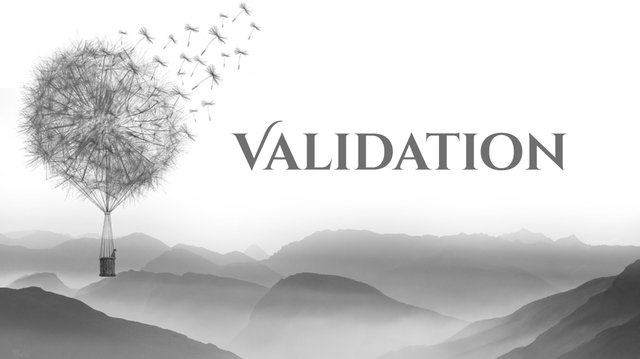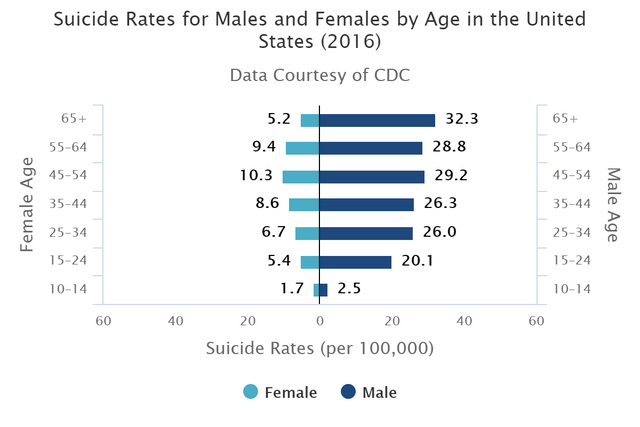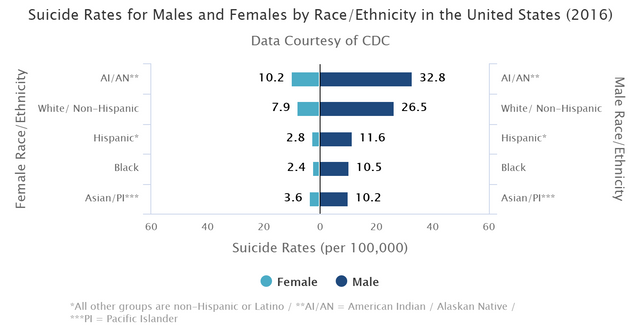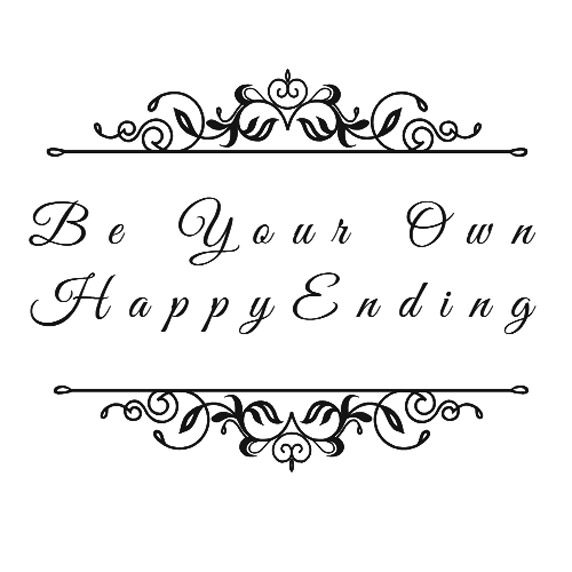The Need for Validation

“Once we realize that the wish for love and approval is a universal motivator, we can begin to dance with the flow of love by helping others to meet that need through their connections with us. And as we help others to meet those needs by being with us, the positive flow of giving Love comes back to us.”- PERRY WOOD, Secrets of the People Whisperer

Validate
[val-i-deyt]
verb (used with object), val·i·dat·ed, val·i·dat·ing.
- to make valid; substantiate; confirm:
- to give legal force to; legalize.
- to give official sanction, confirmation, or approval to, as elected
Invalidation - is to reject, ignore, mock, tease, judge, or diminish someone's feelings. It is an attempt to control how they feel and for how long they feel it.
Validation is a rather deep topic and can have so many different interpretations that it is difficult to pin down to a single meaning. If you do an internet search, you'll quickly realize that validation is often coupled with the ego as if some luxury in which we selfishly pursue. However, it is far deeper than that and much more complicated when you consider that we live in a culture and world that invariably 'invalidates' who we are on sooooo many levels. When a person feels invalidated on the inside, they look for validation on the outside.
In fact, recent research done by Thomas R. Lynch, Ph.D. of Duke University, seems to uphold that invalidation leads to mental health problems.
This would include:
- childhood psychological abuse and parental punishment
- minimization
- distress in response to negative emotion
Dr. Lynch feels that this leads to significant emotional inhibition:
- Creating ambivalence instead of emotional expression
- Thought-suppression
- Avoidant stress responses.
Emotional inhibition is a significant predictor of depression and anxiety
According to the ADAA (Anxiety and Depression Association of America), anxiety disorders are the most common mental illness in the U.S., affecting 40 million adults in the United States age 18 and older, or 18.1% of the population every year.
On a global scale, depression is the leading cause of disability worldwide. Almost 75% of people with mental disorders remain untreated in developing countries with almost 1 million people taking their lives each year. In addition, according to the World Health Organization (WHO), 1 in 13 globally suffers from anxiety. The WHO reports that anxiety disorders are the most common mental disorders worldwide with specific phobia, major depressive disorder and social phobia being the most common anxiety disorders. ADAA Source
If depression is a precursor to suicide, this would also explain the steady escalation
Suicide is a Leading Cause of Death in the United States
According to the Centers for Disease Control and Prevention (CDC) WISQARS Leading Causes of Death Reports, in 2016:
- Suicide was the tenth leading cause of death overall in the United States, claiming the lives of nearly 45,000 people.
- Suicide was the second leading cause of death among individuals between the ages of 10 and 34, and the fourth leading cause of death among individuals between the ages of 35 and 54.
- There were more than twice as many suicides (44,965) in the United States as there were homicides (19,362).


Clearly, a person contemplating or succeeding in taking their own life is the ultimate testament to feelings of invalidation.
What do these statistics tell us? There's a story in these numbers. Why are men dis-proportionally higher?
Clearly, validation in life is important.
Source 16 minutes and worth your time to watch
Growing up in an environment that was invalidating by one of the worst offenders of invalidation, a malignant narcissistic parent, I got a first hand look at how damaging this can be. I have studied this inside and out and 'still', in writing this piece, I found that I had so much more to learn about it.
How pervasive invalidation is in our culture: in the way we communicate with one another, in the way we approach problem-solving, empathy and healing...and sometimes even in the way we ignore the most vulnerable in our society by our actions and inactions:
- The homeless
- Domestic abuse victims
- The Elderly
- The handicapped
Where does this invalidation come from?
Invalidation is everywhere and in almost every life situation, big or small, we are inundated with invalidation. It can be a subtle message or it can be a strong message.
These messages are enforced and re-enforced throughout life over and over leaving a person (or group of persons) feeling more and more invalidated. This is such a prolific problem that the invalidated feelings turn into self-projections inevitably layered onto others - or like the statics above suggest, further perpetuated into something damaging to our society.
In my post on 'Perception', we learned that:
“I am not who you think I am; I am not who I think I am; I am who I think you think I am ” ~ Thomas Cooley
Because human existence is fundamentally interpersonal, we are not isolated, free-floating objects. We exist in perpetual, multiple and shifting relationships with others and the world. Constantly taking in and pushing out what feeds our lives.
Naomi Feil has developed 'Validation Therapy' to help the elderly cope with their feelings of invalidation. I think that we could all learn a little something from her work and that of empathy and listening when it comes to helping the current trend of invalidation in our society and culture.
Ways in which we are invalidated:
- We are told we shouldn't feel the way we feel
- We are dictated not to feel the way we feel
- We are told we are too sensitive, too "dramatic"
- We are ignored
- We are judged
- We are led to believe there is something wrong with us for feeling how we feel
Common invalidating statements we make:
- Get over it.
- Grow up
- Get a life
- Don't cry.
- Don't worry.
- Don't be sad.
- Stop whining
- Stop laughing..
- Don't get angry
- Deal with it.
- Give it a rest.
- Forget about it.
- Stop complaining.
- Don't be so dramatic.
- Don't be so sensitive.
- Stop being so emotional.
- Stop feeling sorry for yourself
- Stop taking everything so personally
Cultural clichés that are invalidating:
- Time heals all wounds.
- Every cloud has a silver lining.
- Life is full of pain and pleasure.
- In time you will understand this.
- When you are older you will understand
- You are just going through a phase.
- Everything has its reasons.
- Everything is just the way it is supposed to be.
Common ways in which society invalidates children:
There are many forms of invalidation. Most of them are so insidious that we don't even know what is happening. We know that something doesn't feel good, but we sometimes can't put our finger on it. We have been conditioned to think that invalidation is "normal." Indeed, it is extremely common, but it is certainly not healthy.
I have heard parents and teachers call children:
dramatic- crybabies- whiners- whingers- too sensitive- worry warts- drama queens
I have also heard them say things like: "He cries at the drop of a hat." One teacher said "When she starts to cry, I just ignore her and eventually she stops." Another said, "When one kid's crying is disrupting the lesson, I tell them to go cry in the hall till they can pull themselves back together again." Source
Seriously! Our awareness of how we affect each other and our current trend of invalidation on a grand scale with 'social norms' and 'politically correct speech' only adds to this in the way that it invalidates while it masquerades as protective. For some it has become a tool and method to suppress feelings, ideas, thoughts - albeit the source of which comes from thoughtful and well-meaning origins.
Part of learning and establishing our emotional intelligence is our innate potential to feel, use, communicate, recognize, remember, describe, identify, learn from, manage, understand and explain emotions.
As we approach the holidays it's important to realize that, for many, it is an emotional time due to lost loved-ones and life stresses. What a wonderful gesture of love and human kindness than to reach out to a stranger or fellow traveler by validating their life in some way.
Or perhaps, start a new trend in validating the good we see in others rather than the negative.
And, of course, A HUG will do wonders!
I highly recommend looking at the list of invalidating expressions to be aware of (truly interesting):
http://eqi.org/invalid.htm#Examples%20of%20invalidating%20expressions.

Much love to everyone!
May you know that your life has meaning and value. And if any of you need someone to talk to at this time or any other time, feel free to reach out to me and I will certainly be your witness and listen to your heart.
You are AMAZING!

Additional Sources and Research:
https://www.nimh.nih.gov/health/statistics/suicide.shtml
How to recognize invalidation - An expansive compilation of research and human stories
http://eqi.org/invalid.htm
How to improve your quality of life through awareness and healthy emotional intelligence
http://core.eqi.org/summary.htm
Validation Therapy for the Elderly - created by Naomi Feil
https://vfvalidation.org/what-is-validation/
Videos that add dimension to validation:
"You’re more beautiful than you think" (3mins)
Validation image: Modified Source

The topic of Validation is just another Drop in the Ocean. To find out more about participating in @buddyup 's next topic, you can find out more -----> HERE
What a rollercoaster of emotions I experienced as I read and engaged with your post, @youhavewing. You touched on two areas that have affected me greatly, suicide and Alzheimer’s. I will admit to shedding a few tears. It was actually the TJ Thyne short movie that brought them though. It is the simplicity with which we can make such a difference to each other that gets me - each - and - every - time.
You are a fount of knowledge and I so enjoy reading your posts each week. ❤️
Thank you, @juliamulcahy
Yes, this topic was a bit difficult for me as well. I never know where these topics will go once I start writing as I'm sure you can relate. I have been known to cry with Hallmark commercials if that gives you any sense - the human story really pulls at my heart - human connection.
I haven't had personal experience with someone I love having Alzheimer's but a very close friend of mine did and it was very difficult not having her mother remember who she was. She was so amazing with her mother though - 24/7 she was dedicated to being there for her - that's what love does which I guess is the strongest message of validation, hmmm?
I keep saying, "I'm going to go light-hearted this time" but I'm glad that you were able to gain something from the deep subject matter.
Much love
so bummed I missed DITO - but was in the throes of energetic excitement with a certain developer that you know!!! hehehehe so thankful that you introduced us ;)
now... your post - wow. well - it's not even wow because I've grown used to learning a lot of wow lessons in your posts hehehehe
but here is something interesting! When I read all of your examples for the cultural invalidation cliches.... i have found peace in every single one of them!!! LOL
I usually search for silver linings - I love that it has happened, because there IS a reason (for me, my faith), that phases do come and go... that in time - we DO often learn... hehehehe
i could go on!
now - I will say this. If the person is using them haphazardly and to dismiss the person's experience - yes. invalidating.
but if the person is using it to connect with them... i find it not only validating but reassuring to remember those truths.
(this is all very personal - and maybe you talked more about it in the show and I missed it! hehehe)
but - I loved the post. such a good challenge to watch how we respond to others... be sensitive... be responsive... be observant.
good reminders for me :)
We missed you! I know you have a lot going on - I was in the kitchen with @worthtrying listening and trying to be quiet as we had a little giggle fest going on.
I agree with everything you said. It would depend on the context and situation, the person. However, I say some of these same things constantly. It helps reassure and give hope and they happen to be true...there is usually a silver lining! Smile was another one on this list that I thought, 'huh?' Smile is invalidating? But, yes, it can be if said by someone using it to dismiss a feeling a person is having. It's like I was telling Pen, some of this can be construed as hyper-vigilant IMHO - I think that emotional intelligence is the key - so we don't want to 'avoid' language that makes us feel and deal with emotions either - even those feelings of invalidation. Because in the perfect world, you want to get to the place that your inner validation is stronger than outer noise.
But certainly a lot of stronger invalidation language is used that does affect people in deep and devastating ways.
I just posted a few examples from the library - it is much more detailed and enlightening to read it in it's entirety - I would have had a very, very long post so I just skimmed the surface. But I found it very useful and we've been playing with it as a family - telling each other, "You're amazing!" Look at how you ate that sugar cookie so fast, that is soooo amazing!" ;) hehe
Yes, it helps to be aware and more sensitive to how we all interact.
Much love!
P
Posted using Partiko Android
Hi youhavewings,
Visit curiesteem.com or join the Curie Discord community to learn more.
Thank you so much, @curie Always grateful for your support in this community
Hi, @youhavewings , you are so right in averything you say. It is sad to say it, but it is so common to give and receive invalidation, even from and to our loved ones! Your article made me think about the way I communicate with others. Thank you.
You're welcome, @leilanyarevalo and thank you for your insightful comment
This story was recommended by Steeve to its users and upvoted by one or more of them.
Check @steeveapp to learn more about Steeve, an AI-powered Steem interface.
Should be against the rules to put that nice story in the middle then reprimand me after I am all choked up :)
I nice perspective taking it from invalidation, and I feel I have done this at least 10 times today already. Heck, I do it as a knee-jerk reaction to anything that even remotely sounds like someone trying to impress their feelings on me.
I can't help but think that there is a fine line between being self-critical and in fact invalidating your own self-worth. I really enjoyed your post and it did feel like an extension to a recent DM exchange, especially the beginning to do with emotional inhibition.
Like you say it is a deep topic, it is so ingrained in who we are as people that self-correcting can be very difficult.I guess we could look outward to how we affect other to validate that we are changing ourselves.
Oh @penderis, trust me when I say that I learned a tremendous amount from writing this post.
You are so right in saying that it is so ingrained in our culture as a people - I don't know how to undo these patterns in societies but it's rampant. Perhaps more education on emotional intelligence? Build the person up from the inside so that they can better communicate and deal with emotions as they reach adulthood.
I think that what you are describing in your personal experience is a little bit of 'putting up boundaries' which is a healthy response but maybe involves a different way of communicating it ;)
I was reminded of a personal experience I had a few years ago in which there was some event going on in our lives and a friend of mine offered to be an ear. I did respect her wisdom, but the thought of burdening her (or anyone) with a problem is not something I like doing...at all. I am a great listener for other people and I had helped this friend through a difficult time not too many months earlier. And then she said something really potent to me, "You know, sometimes allowing others to share in your burden with you is a gift to them as well." I had never thought about that aspect of it - that denying a friend to be a part of my burden was invalidating to her just as well. I'd like to say that I have improved in this area, but I just repeated this pattern the other day.
So we are always learning and growing. I think the important point here is just expanding our awareness a little more.
That is so true, I have found the same, where not allowing someone to help actually hurts them and I could see that they were then wondering or struggling with the thoughts. Maybe I don't trust them or the connection is a lie in itself. It felt as though I had personally affronted them and made their feelings seem to be of no worth.
Yip, boundaries. I like those. :)